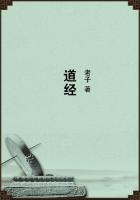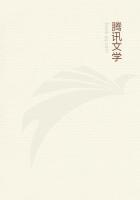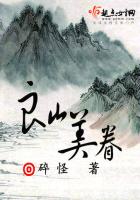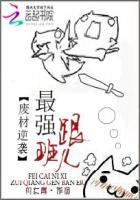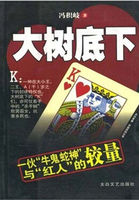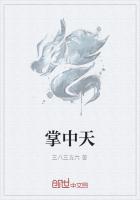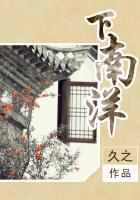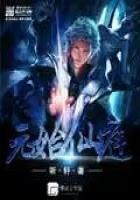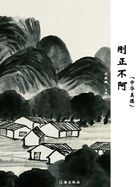He said: "That would certainly be so, if rising prices, rising wages, were to mean indefinitely increased demands on the printing machines for paper money. But, while we are at present forced to print more and more money, another process is at work which, in the long run, will bring this state of things to an end. Just as in our dealings with other countries we exchange goods instead of paying in money, so within our own frontiers money is ceasing to be the sole medium of exchange. Gradually the workmen are coming to receive more and more in other forms than money. Houses, for example, lighting and heating are only a beginning. These things being state monopolies, the task of supplying the workman's needs without the use of money is comparatively easy. The chief difficulty is, of course, food supplies, which depend on our ability to keep up an exchange of goods with the villages. If we can supply the villages with manufactured goods, they will supply us with food. You can fairly say that our ruin or salvation depends on a race between the decreasing valueof money (with the consequent need for printing notes in ever greater quantities) and our growing ability to do without money altogether. That is of course, a broad view, and you must not for a moment suppose that we expect to do without money in the immediate future. I am merely showing you the two opposing tendencies on which our economic fate depends."I will not set down here what he said about the Extraordinary Tax, for it was merely a repetition of what I had heard him say in committee. In connection with it, however, he admitted that capitalism and profiteering were hard things to root out, saying that they had great difficulty in getting at what he called "the new bourgeoisie," namely the speculators who have made fortunes since the revolution by selling scarce food products at fantastic prices. It was difficult to tax them because they carried on their operations secretly and it was next to impossible to find out who they were. They did not bank their money, and though an attempt had been made to get at them through the house committees, it was found that even these committees were unable to detect them. They will, however, be made to disgorge their ill-gotten gains when the measure first proposed by Sokolnikov last summer is put into practice. This is a general exchange of new money for old, after which the old will be declared invalid. "Of course," said Krestinsky, "they will cheat in every possible way, scattering out the money among a number of friends and relations. But something will have been done in cleaning them up, and that process will be completed by a second exchange of money later on."Fifteen milliards of new notes for the first exchange are already printed, but they think that twenty milliards will be necessary.
I asked if the new money was better looking than the old, if it looked more like money that was worth having than the wretched little notes printed by the Provisional Government and scornfully called "Kerenkies" by the populace. Krestinsky said he was afraid not, but that the second and final exchange would be made in notes which they expected to be permanent. They did not expect the notes of the first exchange to circulate abroad, but the notes of the second would carry with them stateobligation and they expected them to go into general currency. He added, smiling that the words "Proletariat of all lands, unite," were to appear on the notes in eight languages. The question of the look of the notes, of their ability to inspire confidence by their mere appearance, is of real importance in a country where so many of the peasantry will judge their value by nothing else.
I reminded him of the hostility roused in some villages by mistakes in the assessment and collecting of the Extraordinary Tax, mistakes which (so other Communists had assured me) would cost them more, politically, than the tax was worth to them, and asked him, "Will you not have great difficulty in getting the exchange made, and are you not running the risk of providing the reactionaries with a new profitable basis of agitation?"He said that of course they would not make the attempt unless they felt sure they were politically strong enough to carry it through. "If it is properly explained to the villages there will be nothing to fear, because the measure will not threaten any but the rich and therefore the small minority of the peasantry. It would be a different matter if the same thing were to be tried by the counter-revolutionaries, because they would not discriminate in favour of the poor. If Kolchak and Company overthrow us and try to substitute their money for ours, their action would affect rich and poor alike, minority and majority together. If there were not a hundred other causes guaranteeing the insecurity of their position, the fact that they will be unable to get rid of our money without rousing the most violent opposition in the masses throughout the country would alone be sufficient to do it."I asked whether that was the reason why they intended to print on the notes "Proletariat of all lands, unite," so that the counter-revolutionaries, unable to tolerate money bearing that hated phrase, should be forced to a step disastrous for themselves.
He laughed, and said that he did not think counter-revolution in the least likely unless brought in by invasion, which he did not think politically possible.

